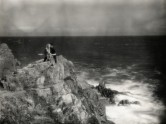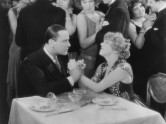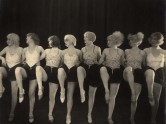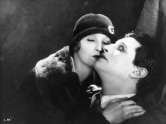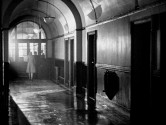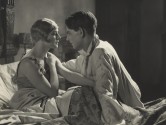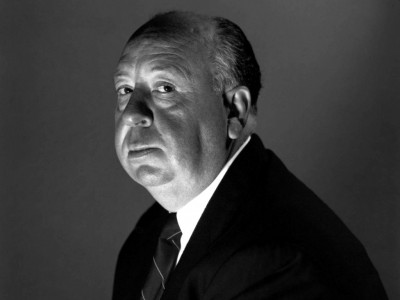

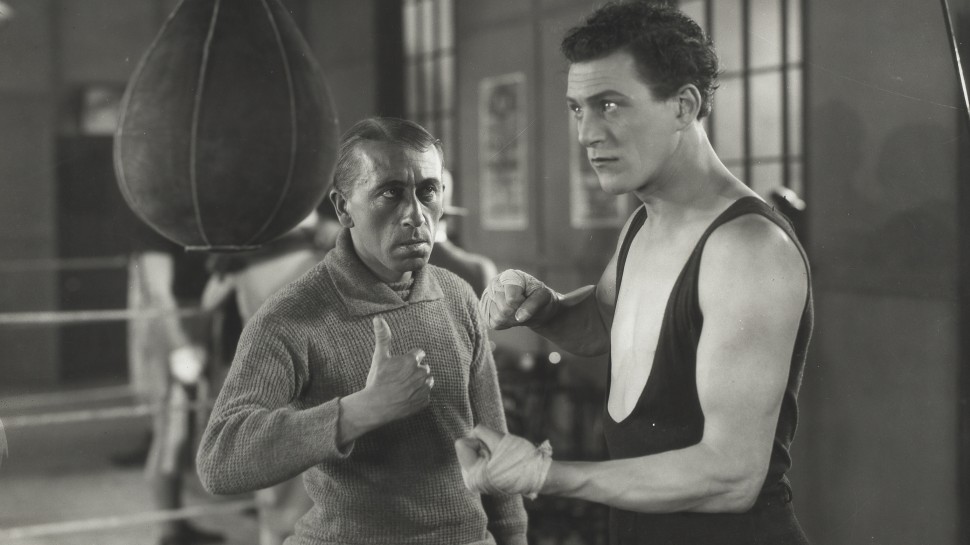
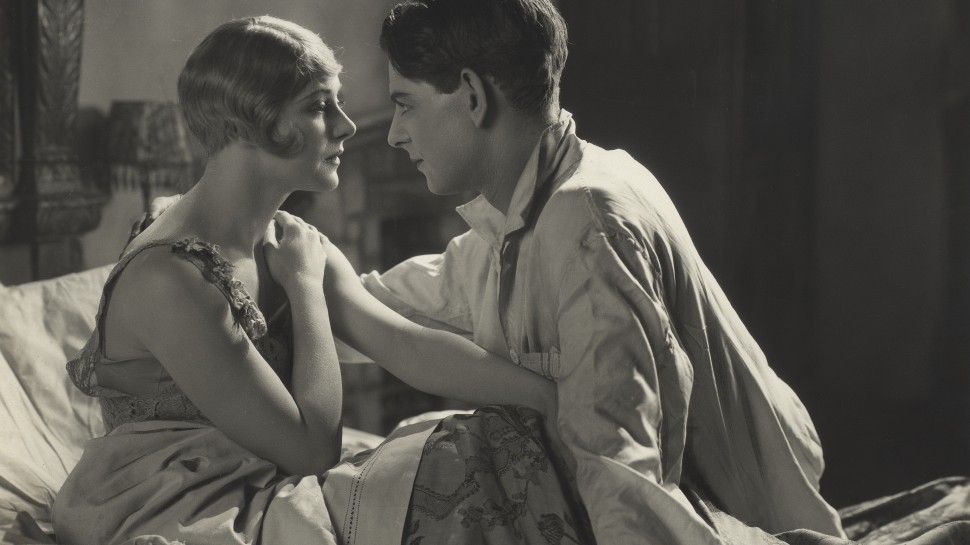
Silent Hitchcock
“The silent pictures were the purest form of cinema.” – Alfred Hitchcock, in Hitchcock/Truffaut
Despite his status as one of the most influential filmmakers of the 20th century, Alfred Hitchcock’s earliest years as a director during the silent era remain largely overshadowed by his later work. And yet the nine extant silent films made by Hitchcock between 1925 and 1929 together offer a fascinating and revealing glimpse into his complex imagination, touching as they do upon many of the themes, strategies and obsessions that would remain constants throughout his career. Indeed, The Lodger and Blackmail predict, with at times startling insight, images and ideas that would only find full flowering years later, in now-iconic Hitchcock classics such as Psycho and Vertigo.
Among Hitchcock’s formative influences were Russian and German silent cinema. So enamored was Hitchcock with the work of German directors, and F.W. Murnau in particular, that he traveled to Germany to study the work being done at UFA studios, at the time one of the world’s most advanced production companies. It was in Germany that Hitchcock would, in fact, direct his first two films, The Pleasure Garden and his now lost The Mountain Eagle. But it was in his third film, the mysterious and moody The Lodger, that the influence of German Expressionism is most legible.
After a years-long research and preservation initiative by the British Film Institute, the “Hitchcock 9” were given a major re-release in 2014, resulting in significant restorations, especially of The Pleasure Garden, now reconstructed with a full twenty minutes of long-lost footage. Among the great discoveries to be made are The Manxman, arguably Hitchcock’s most accomplished silent film, and his thrilling boxing picture, The Ring, his deeply satisfying first and only foray into the genre. Also included as a coda to this series is the sound version of Blackmail, which made Hitchcock the first British director to work with sound. Released in both a silent and a sound version, Blackmail reveals the ever-innovative Hitchcock pushing the medium to its expressive limits to explore the cinema’s potential to create suspense and moral ambiguity, complexly engaging the viewer as an accomplice to the strange and fascinating stories that Hitchcock alone could tell. – Haden Guest
